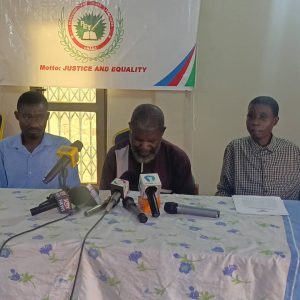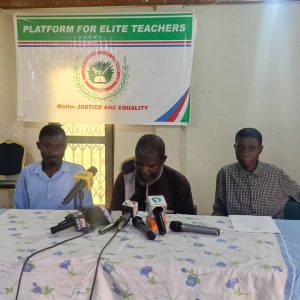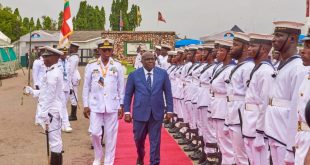
The training allowance for teachers and nurses in Ghana has a long history, having been established by President Osagyefo Dr. Kwame Nkrumah in 1960.
The payment was extended to students from agricultural colleges and schools of hygiene in addition to teacher and nurse candidates.

The government provided these students with free housing, food, and a monthly stipend. But in 1967, Dr. K.A. Busia abolished the grant, arguing that it was unjust because students were already getting free food and housing.
As a result of this cancellation, fewer students were enrolled in colleges that prepare teachers and nurses, which created a lack of professionals in these sectors.
President Jerry John Rawlings was convinced to reinstate the grant in 1985 by Madam Mary Grant, the PNDC Secretary for Education, in order to meet this shortfall.
This action contributed to reversing the brain drain and increased the appeal of careers in teaching and nursing. The Platform for Elite Teachers (PET) is currently pushing to eliminate the training allowance for nurses and teachers.
Speaking to the media in Kumasi, the Ashanti Regional Capital, today, they contend that keeping the stipend is unfeasible, particularly now that the training colleges have been promoted to higher education institutions that provide certificate and degree degrees.
The group’s national president, Hon. Samuel Owusu, and secretary, Mr. Musah De-Graft Coleman, made it apparent that PET also thinks it is unjust to treat nursing and teaching students differently than students at other postsecondary institutions, like universities and polytechnic’s.
They contend that all students at postsecondary educational institutions ought to get fair and equitable treatment, and that the allowance ought to be distributed to all or eliminated completely.
It is important to note that the training allowance for teachers and nurses is not mandated by the constitution. It’s critical to reevaluate the applicability and equity of such concessions as the educational landscape changes.
 Kumasipioneer.com Truth l Accuracy l Fairness
Kumasipioneer.com Truth l Accuracy l Fairness



